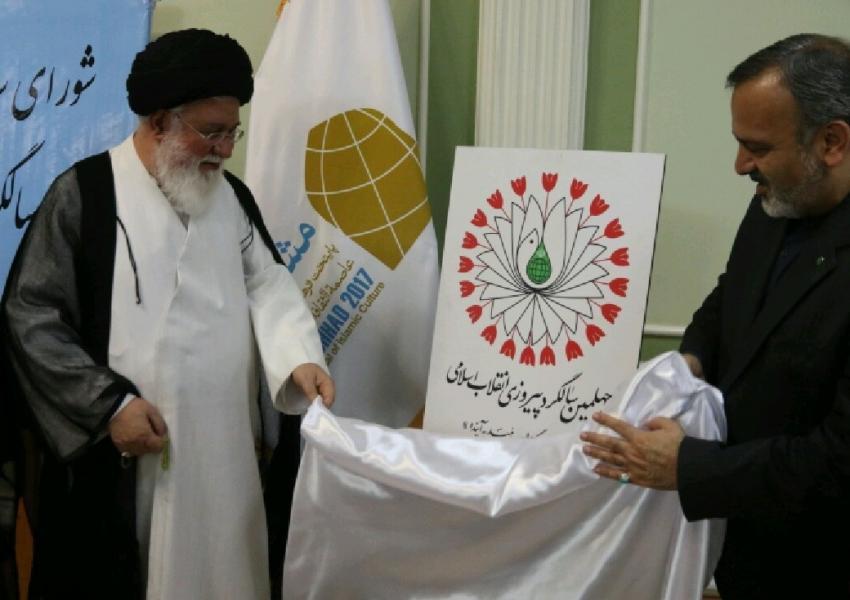
The Islamic Republic, After Forty Years
While all the elements of the Islamic regime of Iran are preparing for ceremonies of the fortieth anniversary of the Islamic revolution, the head of the Relief Foundation, the state-run charity of the country, said: “Due to the exceptional situation of this year and the uncontrollable inflation, we have covered 620 thousand more families for support”.
Fattah, the head of this foundation and a probable candidate for the next presidential election, has also said that “330 thousand students are sponsored by this foundation. Without this support, they will not be able to continue their education”.
Moreover, Abdullah Nouri, former interior minister and a main figure in the reformist faction of the regime, also recently said: “the overall performance of the regime in the last forty years could have been much better”. He added that “before the revolution, we illustrated a utopia for people about life after the revolution, but we have gone astray, and we ended up where we are now”.
He also admitted something very noteworthy in reflection: “during these forty years we have damaged religion and caused a moral collapse because of our hypocrisy and self-righteousness in defending religion”.
As predicted, the leaders’ evaluation of the current situation is far from the critics’. For example, Ayatollah Khamenei, the Supreme Leader, believes today is the time for “the glory of the Islamic Republic” and “the power of the Islamic system will be increasing daily”.
General Naghdi, a commander of the Revolutionary Guards, similarly thinks that “the revolution’s mark for its performance is 100”.
Regardless, it is important to look at how the dissidents should evaluate the regime’s forty years of power.
On the one side, there is a group of activists who are occupied with planning for the future following this regime, especially given the crises that the system is dealing with at the moment. They do not discuss their strategy and how they plan to reach the transition, but they insist on the necessity of a regime change. In their opinion, the certainty of the collapse of this regime is taken for granted, so they argue that we need to think about the future, or at least have the pressure on this regime increased.
On the other side, there is another group of activists who criticize the current state of affairs and want the current policies reformed. Different people in this group offer different evaluations of how successful this reformism could be and how far it would go. Some still support Rouhani’s government and defend the status quo, but others consider his government as it is far from what it should be. Some believe that being in power, despite how small it could be, is important for the greater good. But some others argue that they should return to the civil society to be able to mobilize social movements for reform.
Regardless of what is going on inside the regime, it is impossible to deny that the vast majority of society are not happy. The dissatisfaction has shown itself in many protests, strikes, and riots around the country in recent months. It is, of course, uncertain if these unrests will lead to a widespread and organized movement against the regime.
An important question is concerning the oppressing apparatus of the Islamic Revolutionary Guards Corps (IRGC). With the knowledge of how brutal this apparatus would be in suppressing all loud voices, the opposition suffers from disunity and lacks a clear strategy.
It is clear, nonetheless, that many anti-regime activists have bet on the current crises in the regime and the economy-driven protests around the country. As stated above, we do not know for sure if they would lead to the desired outcome for the opposition.
As it happens, on the fortieth anniversary of the Islamic revolution, the regime officials exaggerate their achievements while the opponents of the regime highlight the inadequacies, inefficiency and the horrible record of human rights abuses.
In the midst of this battle of narratives between the proponents and opponents of the regime, it is not unlikely that a pseudo-fascist group wins out of it. A group with right-wing ideology who pretends to fight for social justice, and leverages nationalism, but, in power, attack freedom of speech and democracy. They will probably use religion to install their authoritarianism. This type of discourse is easy to trace in recent words and acts of the Supreme Leader, Ayatollah Ali Khamenei.









